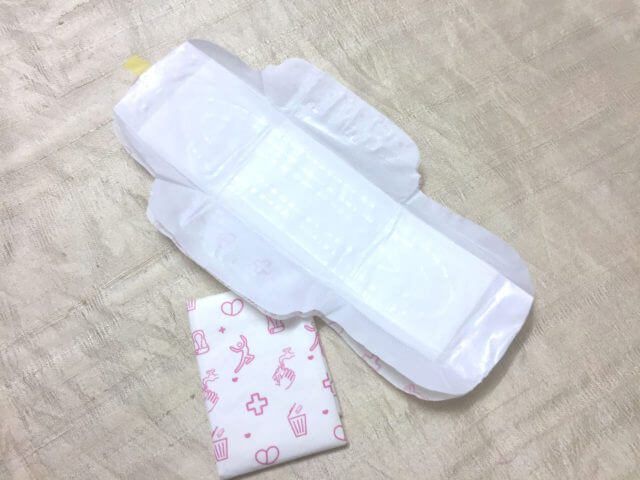Given the taboos surrounding it, it is often seen as dirty and unpleasant and hence, never gets the attention it needs. So, what are the challenges rural women face with regard to menstruation?
When it comes to menstruation the gulf between rural and urban women broadens considerably. While growing up we have seen how menstruation was not a subject that was discussed freely by our teachers and mothers, yet it was a conversation we have all had. With television, the internet and more awareness and education conversations around menstruation have become less inhibited.
However, when it comes to rural areas, we see a complete contrast. With the lack of resources, education and awareness about personal hygiene forgot information about hygiene products the women don’t even have any conversation around menstruation.
Given the taboos surrounding it, it is often seen as dirty and unpleasant and hence, never gets the attention it needs. So, what are the challenges rural women face with regard to menstruation?
Lack of Closed Spaces
Most rural households lack separate closed spaces which can be used for bathing and excretory purposes. The reality is that when you can barely make ends meet, menstrual hygiene issues become the last of your priorities. This is what forces women to bathe in the open in ponds, wells and the like.
Use of Cloth over Sanitary Napkins
Lack of financial resources not only prevents one from getting a bathroom constructed, but it also leads to the inability to buy other necessities to maintain proper hygiene. The use of cloth to absorb the menstrual blood leads to the accumulation of germs even if it is washed regularly.
Lack of Knowledge
Education is another important part of human development which is absent from the life of rural women. In families where finance is an issue the right to education is extended to women only as long as it is free. This among all other things renders them unaware of the problems that improper hygiene practices expose them to.
Social Taboos
Menstruation, in these parts of the country, is considered an evil which woman should be ashamed of. This approach leads to women trying to hide everything related to their period days and problems faced during periods. The easiest, most secretive place to dump the sanitary napkins turns out to be the place where you take a bath for men won’t come there.
The Silent Treatment
The head of the household, by whom all the proposals are passed in order for them to take effect, is a man. A society where menstruation is considered disgraceful, talking about it or the menstruation problems that arise due to it is simply impossible.
Ways to Improve Menstruation Issues in India
1. End the taboo
Our lack of open discussion has created a very lonely and troubling problem, and our wives and daughters, sisters and aunts are experiencing menstruation stigma in India. We must change life for the women of India and we must do it now!
2. Educate!
Educators need to teach girls in India where to find economic resources to purchase menstrual supplies, or how to request adequate sanitation facilities at school. Young women need to be taught how to deal with the pain and discomfort of cramps and where to find the supplies they need.
Education is key! Some superstitions are passed down through generations, due to menstrual taboos in religions and cultures.
3. Access to clean, usable restrooms
Another need is toilet facilities that are usable for women who experience menstruation. If there is no one available, girls will stay home from school. There is a need for more flexible school rules with allowing toilet visits while in the classroom, which would promote keeping girls in school during their period.
We must take action by providing much-needed products to girls in India and the world. And we must change our attitude too. We have been silent too long! We expect a quiet servitude from girls who are not provided with the necessities of life. Let’s not allow menstruating to be a taboo subject that creates stigma, shame, and silence among young girls which will continue into adulthood and increase the cycle of gender inequality.
Follow Senitta on their social media handles for such informative and engaging reads. Visit the links below.
https://www.linkedin.com/company/senittaofficial
https://www.facebook.com/senittaofficial
https://twitter.com/Senittaofficial
https://www.instagram.com/senitta_official
https://www.youtube.com/channel/UC-VfkCHddRRCCdqBr0hPGhg







*********i@waterisgone.com
Join 해외스포츠중계 for an extraordinary sports journey that spans continents and unites fans.